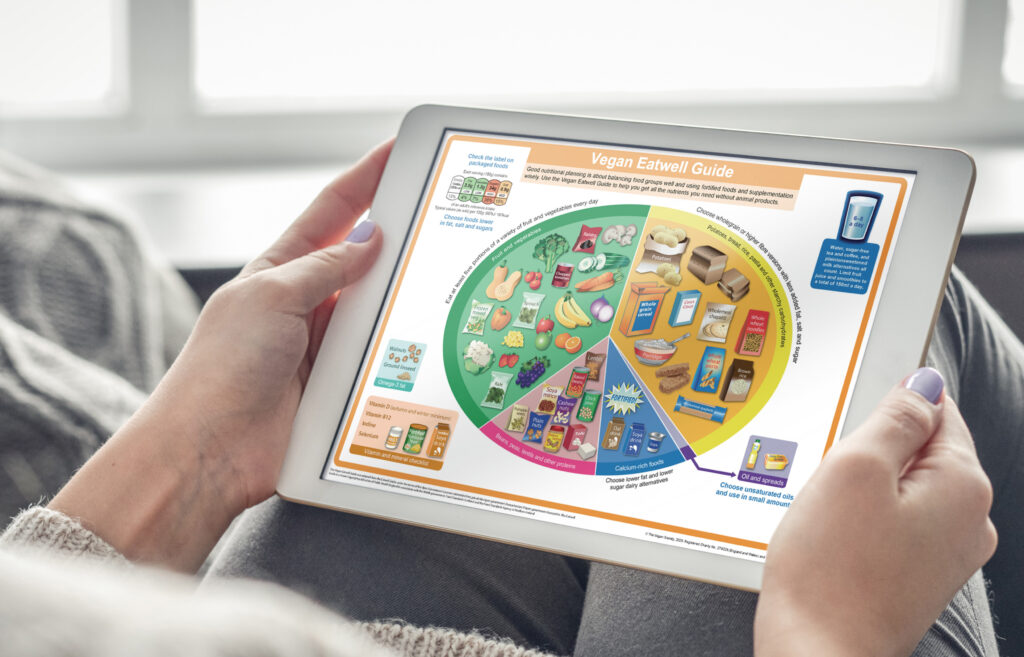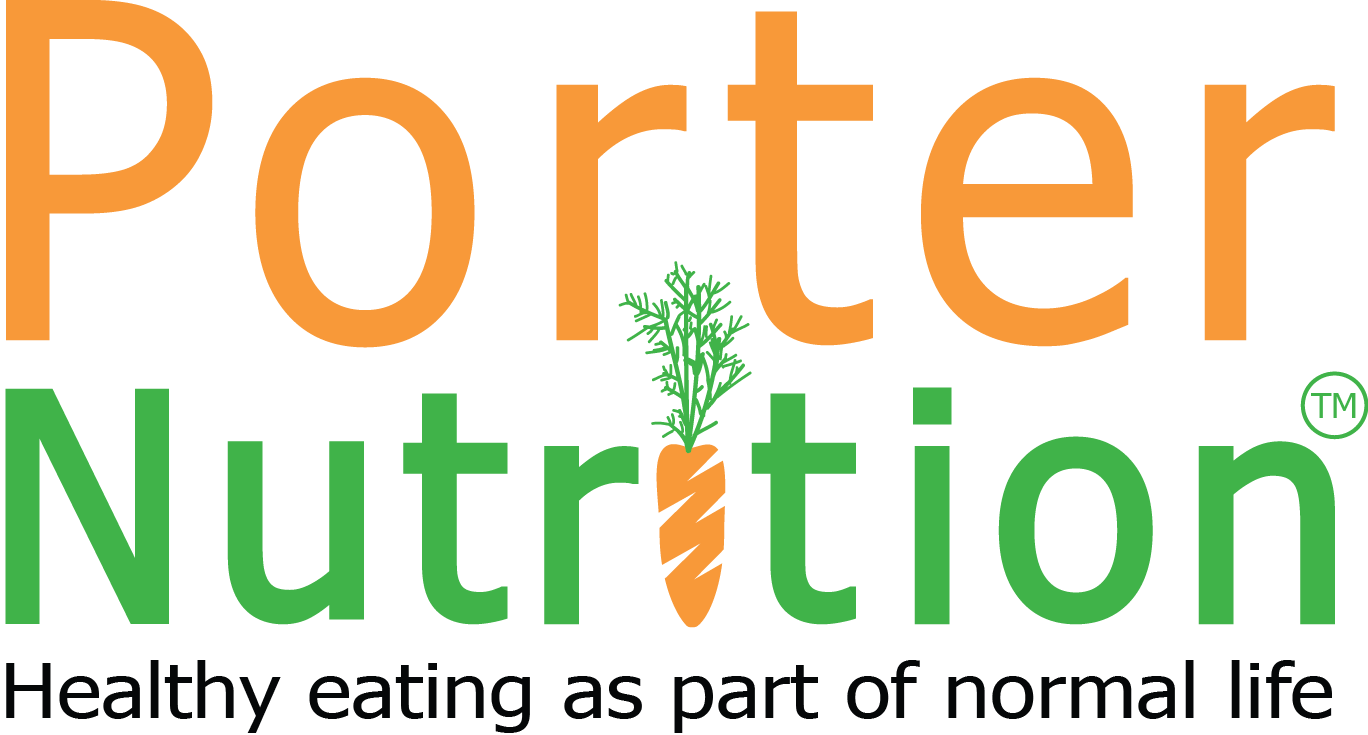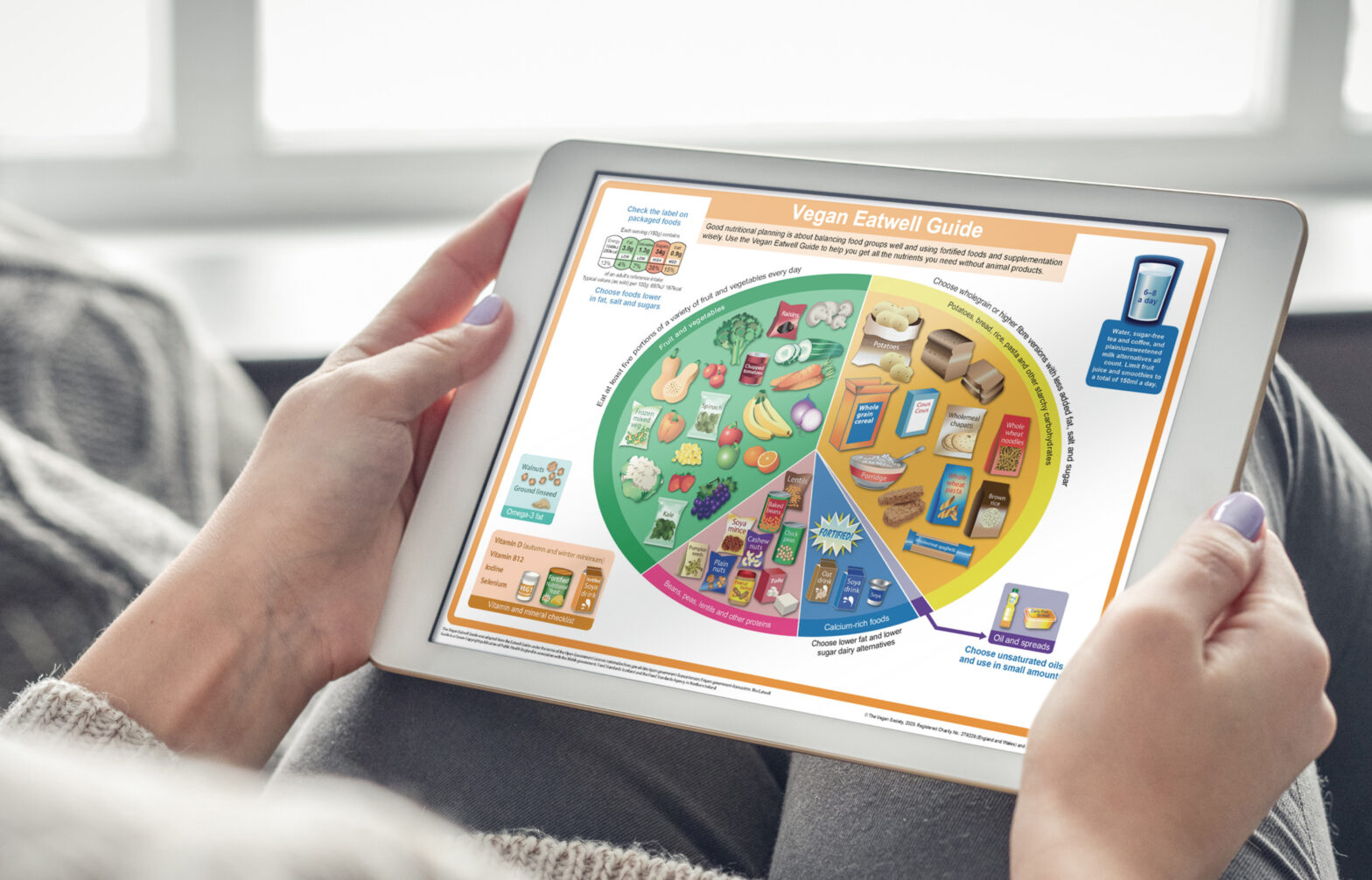Veganuary is upon us. The supermarkets have cleared their Christmas shelves and made way for a wide range of vegan products to entice you to spend your pennies. I thought I’d catch up with a vegan dietitian for her thoughts on the subject to share with you.

Heather Russell is a dietitian at The Vegan Society. Her job is to provide reliable information about vegan health and nutrition. Heather, who has been a vegan since 2015, has always considered herself an animal lover and environmentalist. Heather said, “I realised that I could make a significant difference by avoiding animal exploitation as much as possible and practicable – better aligning my food choices, and other aspects of my lifestyle, with my values.” She has been fortunate to have the support of family and friends in her food choices. In fact she says she’s noticed that engaging with her veganism has helped them to learn about the ethical, environmental and nutritional benefits.
Is a vegan diet healthy?
“A simple definition of a vegan diet is that it doesn’t contain animal products but this tells you nothing about nutritional quality. Switching to a well-planned vegan diet involves replacing animal products with alternative sources of nutrition and eating plenty of nutrient-rich foods, such as fruit, vegetables, wholegrains, nuts and legumes like kidney beans, lentils and chickpeas.”
Heather mentioned a ‘well-planned’ vegan diet, how do you go about planning a vegan diet?
Check out ‘Meal planning’ on The Vegan Society’s website. Smart swaps are a key element of a smooth transition to a vegan diet (based on the Vegan Eatwell Guide – pictured).
For example;
- If you switch from milk and yoghurt to fortified alternatives, you won’t be missing out on calcium.
- Legumes like kidney beans, lentils and chickpeas can be used to replace meat in all sorts of dishes, from curries to casseroles. Other useful sources of plant protein include tofu, vegan QuornTM, quinoa and peanut butter.
- When you stop eating oily fish, you can ensure that your daily diet includes a rich source of omega-3 fat by eating walnuts, ground linseed (flaxseed), shelled hemp seeds or chia seeds, as well as using vegetable (rapeseed) oil as your main cooking oil.
- Once you’ve got your head around where vegans get protein, calcium and omega-3 fat, make sure that your daily diet contains plenty of iron-rich foods, such as lentils, chickpeas, kidney beans, tofu, quinoa, cashew nuts, kale and dried apricots. Boost iron absorption by ensuring that meals contain a source of vitamin C, like pepper, broccoli, cabbage, pineapple or a small glass of orange juice.
- In relation to supplementation, vitamin D, vitamin B12, iodine and selenium are nutrients that deserve special attention.”

Taking part in Veganuary? How do you start a vegan diet?
Here are Heather’s top tips:
- “It’s a good idea to take the transition to a vegan diet step by step and I suggest starting during December in order to give your gut time to adjust to the likely increase in beneficial fibre; drinking plenty of fluid will also help. You could try eating vegan breakfasts for a week, then add vegan lunches in the second week, and so on.
- Embrace opportunities to taste new foods and experiment in the kitchen.
- I recommend chatting with your family and friends, so that they understand why it matters to you and how they can help and get involved.”
What resources are available about vegan diets? Any vegan apps to help?
Check out vegansociety.com/nutrition. Also, you can download The Vegan Society’s free VeGuide app for short, daily videos covering the basics of transitioning to a vegan lifestyle over 30 days.
If you haven’t got the support you need from friends and family, Heather says, “it’s helpful to surround yourself with people who understand you. Whether it’s through online forums, social media groups or local meet-ups, making friends with similar interests can help you to share experiences and make your vegan journey smoother.” As with every lifestyle change, transitioning to a vegan diet is all about finding what works for you.
Enjoy Veganuary!
For one to one support making sure you get the right nutrition from your food choices in a sustainable way, get in touch. I’d love to help you make 2022 a more sustainable year.
Disclaimer: the advice in this article is not personalised. If you would like individual support ensuring you meet your nutritional needs, please seek the advice of a Registered Nutritionist or dietitian.

